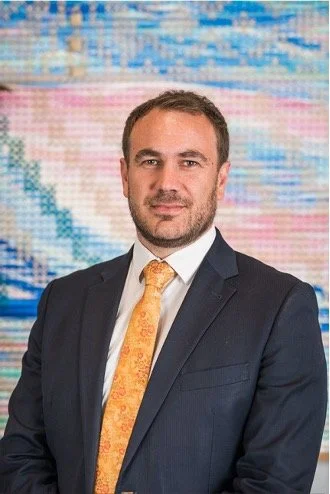Free Fares NZ slams Budget 2025 for prioritizing roads over people
PHOTO: Metro bus fares will be affected by the government's changes made during Budget Day.
SOURCE: Environment Canterbury
The Free Fares NZ Coalition is calling out the government’s Budget 2025 for what it sees as a backward step in addressing the climate crisis, cost of living, and transport equity. Free Fares NZ is accusing the Coalition Government of funneling billions into motorways, while pushing public transport further out of reach for those who need it most.
In a press release, Free Fares NZ, a network of over 100 organizations including unions, churches, student associations and councils, condemned the government’s plan to advance 15 major roading projects while increasing the “private share” of public transport operating costs.
“Communities are at the mercy of both the cost of living crisis and the climate crisis,” said Free Fares spokesperson Patrick O’Connor.
“Public transport is the most sustainable solution to these problems. More roads will only mean more traffic emissions.”
The government’s move would see the NZ Transport Agency (NZTA) requiring regional councils to recover a higher portion of public transport costs through fares – a move Free Fares warns will disproportionately affect low-income New Zealanders, students and disabled communities.
Canterbury Regional Council Chair Deon Swiggs confirmed the impact of this government direction is already playing out locally.
PHOTO: Deon Swiggs says ECan continues to support affordable transport.
SOURCE: Supplied by Ecan.
Environment Canterbury, ECan, which operates Metro services in Christchurch and surrounding districts, has been told to lift the proportion of revenue it collects from fares.
To meet this directive, ECan approved fare increases that will take effect in late June.
Bus fares for Community Services Card holders will rise from $1 to $1.50, under-25s from $1 to $2.50, and standard adult fares from $2 to $3.
Total Mobility Card holders will also face increases.
“These targets are thought to better reflect the conditions available to us...and be more achievable than NZTA’s proposals, which would have required a significant increase in fares or reduction in services,” said Swiggs.
Despite this, Swiggs said ECan continues to support affordable transport: “Public transport should be affordable for the communities it serves. That’s been a big driver for our Flat-Fare trial.”
But affordability, he noted, must be balanced with managing ratepayer costs and enabling service growth.
Students are among those set to feel the fare hikes most acutely.
While UCSA President Luc MacKay acknowledged the burden increased fares could place on students, he also recognised ECan’s efforts to soften the blow.
MacKay confirmed that the UCSA is in dialogue with ECan to explore the best possible outcomes for students and will update the student body when further information becomes available.
Free Fares NZ argues that partial discounts or fare rises undermine the long-term benefits of accessible transport.
Their campaign calls for free public for under-25s, tertiary students, Community Services Card holders, and Total Mobility Card holders.
O’Connor said such policies are more than just cost-saving measures – they're strategic investments.
“Public transport increases access to education and employment. A quality and affordable public transport system can greatly reduce both traffic woes and carbon emissions.”
The campaign recently submitted a 6000-signature petition to Parliament opposing the fare hikes, and their submission has now been passed on to the Infrastructure and Transport Select Committee.
SOURCE: Free Fares NZ
“We’re hoping this is a good sign,” said Frances Mountier, a member of the Free Fares NZ national organising team.
“We’ve indicated we’re keen to speak to the committee in person as well.”
With transport emissions making up 21% of New Zealand’s greenhouse gases, Free Fares NZ says now is the moment to act.
In cities like Christchurch, where public transport patronage has grown 25% in the past year, there is a continuing need for better, cheaper services.
The question now, say advocates, is whether the government is willing to back people and the planet – or just more pavement.



